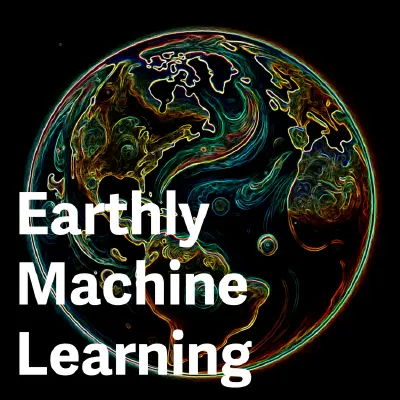🎙️ Episode 22: Knowledge-guided machine learning can improve carbon cycle quantification in agroecosystems🔗 DOI: https://doi.org/10.1038/s41467-023-43860-5
🧠 AbstractImproving the accuracy and scalability of carbon cycle quantification in agroecosystems is essential for climate mitigation and sustainable agriculture. This episode discusses a new Knowledge-Guided Machine Learning (KGML) framework that integrates process-based models, high-resolution remote sensing, and machine learning to address key limitations in conventional approaches.
📌 Bullet points summary
Introduces KGML-ag-Carbon, a hybrid model combining process-based simulation (ecosys), remote sensing, and ML to improve carbon cycle modeling in agroecosystems.
Outperforms traditional models in capturing spatial and temporal carbon dynamics across the U.S. Corn Belt, especially under data-scarce conditions.
Delivers high-resolution (250m daily) estimates for critical carbon metrics such as GPP, Ra, Rh, NEE, and crop yield, with field-level precision.
Benefits from pre-training with synthetic data, remote sensing assimilation, and a hierarchical architecture with knowledge-guided loss functions for better accuracy and interpretability.
Shows promise for broader applications including nutrient cycle modeling, large-scale carbon assessment, and scenario testing under various management and climate conditions.
💡 The Big IdeaKGML-ag-Carbon represents a leap in modeling agroecosystem carbon cycles, blending scientific knowledge with data-driven insights to unlock precision and scalability in climate-smart agriculture.
📖 CitationLiu, Licheng, et al. "Knowledge-guided machine learning can improve carbon cycle quantification in agroecosystems." Nature Communications 15.1 (2024): 357.
